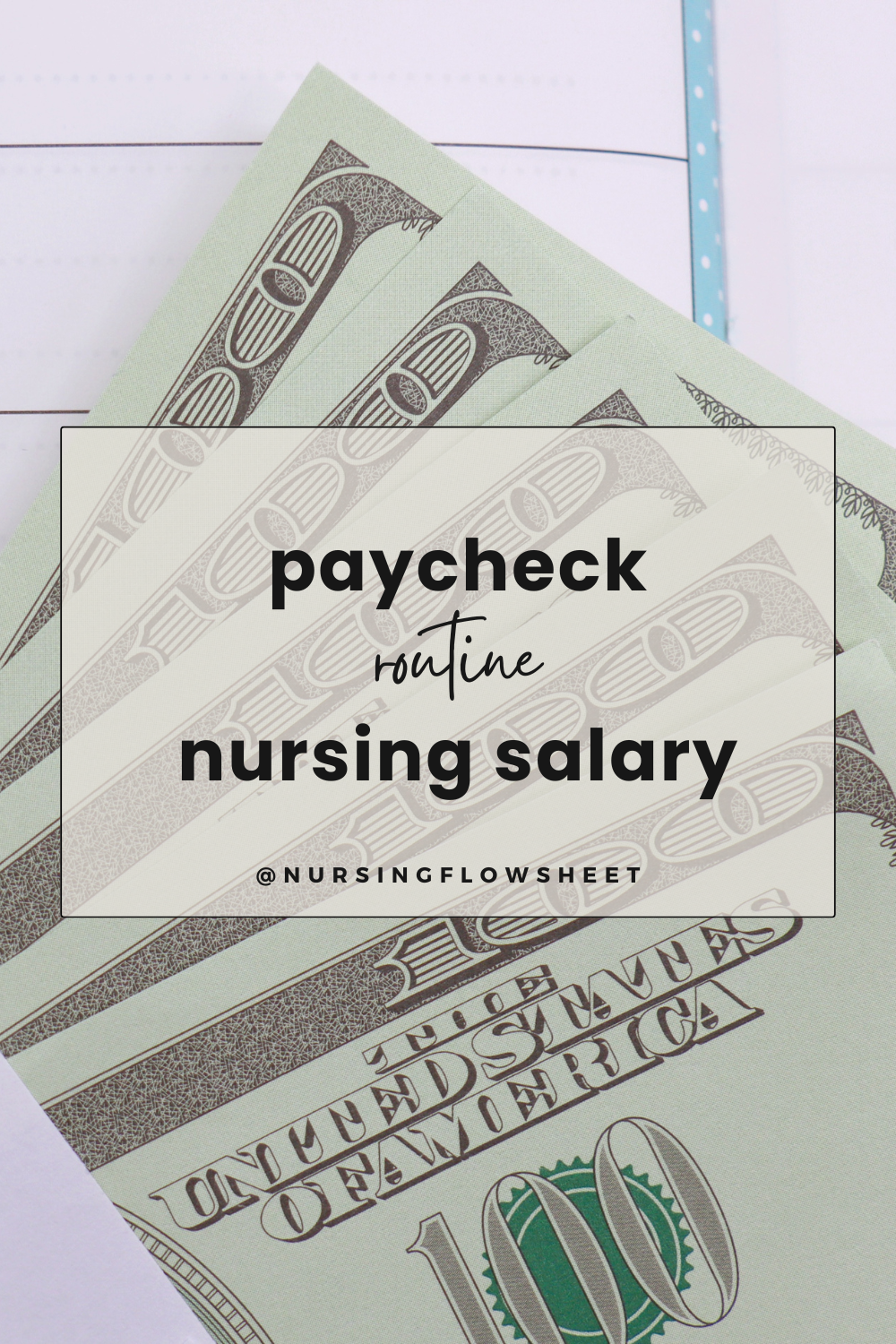Your resume is your first opportunity to showcase your skills, experience, and passion for patient care. Your resume is more than a document.
It’s your first impression.
Your ticket to higher income.
Your leverage for negotiating.
And—if you’re like many nurses in their 20s–30s—it’s the gateway to the career (and financial freedom) you’ve been dreaming of.
Whether you’re a brand-new grad or a seasoned nurse eyeing a jump into a higher-paying, lower-stress, or more flexible role, your resume matters. And in today’s competitive market—where nurses are exploring non-bedside roles, travel positions, hybrid NP roles, and career pivots—having a standout nursing resume is a non-negotiable.
This guide breaks down how to build a powerful resume that gets noticed, helps you increase your income, and opens doors to more aligned opportunities.
1. Start With a Compelling Professional Summary (Not an Objective)
Your professional summary should tell hiring managers who you are in three sentences or less. Focus on:
- Your specialty or strongest experience
- What you’re great at
- The value you bring to a unit or team
- What you’re looking for next (tied to the job you’re applying for)
Why this matters: Recruiters scan your resume in 7 seconds (source: Ladders Eye-Tracking Study).
A clear summary helps them immediately understand why you’re a strong candidate.
Example:
Compassionate and detail-oriented Registered Nurse with 3+ years of experience in high-acuity med-surg and step-down care. Skilled in patient assessment, care coordination, and evidence-based practice. Excited to bring strong clinical judgment and teamwork to the progressive care team at [Hospital Name].
2. Tailor Your Resume to the Job Description (This Is Non-Negotiable)
Most hospitals use Applicant Tracking Systems (ATS)—software that filters resumes based on keywords.
That means your resume can be tossed out before a human even sees it.
To beat the ATS:
- Read the job description
- Highlight repeated skills and keywords
- Add those exact words into your resume (only if they apply to you)
Examples of keywords:
- “Patient assessment”
- “Care coordination”
- “Telemetry monitoring”
- “IV therapy”
- “Electronic health record (EHR)”
Pro tip for nurses:
If you’re applying to multiple similar roles (e.g., med-surg RN), create one master resume and adjust only the top 20%, not the whole thing.
3. Make Your Clinical Experience Your Strongest Section
This is where you show recruiters:
“I’ve done the work. I know what I’m doing.”
For each role, include:
- Unit type
- Facility type (Magnet hospital? Trauma center?)
- Patient population
- Skills, procedures, and technologies
- Measurable results (more on this below)
Example bullets that stand out:
- Managed care for 20–30 patients per shift in a high-volume med-surg unit.
- Performed complex wound care, trach care, and post-op management for orthopedic and general surgery patients.
- Precepted new nurses and students, contributing to a more supported onboarding process.
4. List Your Certifications and Licenses Clearly
Certifications show you’re qualified, current, and committed.
Include:
- RN license + state
- Expiration dates
- Certification body (AHA, AACN, ANA, etc.)
Example:
- Registered Nurse (RN), California — License #123456 — Expires 09/2026
- BLS, AHA — Expires 06/2025
- ACLS, AHA — Expires 04/2027
- PALS (if applicable)
Tip:
If you’re applying for ICU, ER, PACU, NICU, or pediatrics, certifications can help you stand out even if you lack direct experience.
5. Don’t Forget Your Soft Skills (They Matter More Than You Think)
Clinical skills get you in the door.
Soft skills keep you there.
Hospitals want nurses who can:
- Communicate clearly
- Advocate for patients
- Collaborate with the team
- Stay calm under pressure
- Think critically
Examples for your resume:
- Strong patient education and family communication
- Ability to delegate and prioritize in fast-paced settings
- Compassionate and emotionally attuned to patient needs
6. Keep the Format Clean, Professional, and Easy to Skim
A visually clean resume makes you look organized and intentional.
Follow these guidelines:
- One page (unless you’re an NP or have 10+ years experience)
- Font size 10.5–12
- Clean fonts (Arial, Calibri, Helvetica)
- Clear section headings
- Bullet points over paragraphs
- Plenty of white space
If recruiters can’t skim your resume fast, they won’t read it.
7. Quantify Your Achievements (This Is What Makes You Stand Out)
Numbers tell a story. They show the scale of your impact.
Examples:
- “Reduced falls by 22% after implementing new bedside rounding workflow”
- “Managed 25+ patients per shift in a high-acuity unit”
- “Achieved 100% documentation compliance during annual audits”
- “Precepted 5 new hires, improving onboarding satisfaction scores”
Nurses rarely quantify their work.
If you do, you will immediately stand out.
8. Include Volunteer Experience or Leadership Roles
Even if it’s non-clinical, it shows:
- Leadership
- Compassion
- Community involvement
- Initiative
Examples:
- Volunteer RN for community health screenings
- Organizer for a local health fair
- Volunteer at a crisis hotline
- Mentor for nursing students
These experiences can differentiate you—especially if you’re applying for competitive roles or new-grad positions.
9. Add References (or Simply State “Available Upon Request”)
Most facilities don’t require references upfront, but they expect you to have them prepared.
Choose people who can speak to:
- Your clinical judgment
- Your teamwork
- Your reliability
- Your attitude
Always ask for permission before listing anyone.
10. Proofread Like Your Interview Depends On It (Because It Does)
Nursing is a detail-oriented profession.
A resume typo communicates the opposite.
Before submitting:
- Read it out loud
- Print a copy and review
- Ask a colleague to proofread
- Use spell/grammar tools
Your resume should reflect the same level of accuracy you bring to patient care.
Bonus: Career Strategy for Nurses Who Want Higher Income + Financial Freedom
Here’s what most nurses don’t realize:
A strong resume isn’t just about getting ANY job—it’s about positioning yourself to get the right job:
✔ Higher-paying
✔ More flexible
✔ Better schedule
✔ Less burnout
✔ More aligned with your financial goals
Your resume is a tool for upward mobility.
It creates leverage—something every nurse who wants financial freedom needs.
Final Thoughts
Creating a nursing resume that stands out is about more than just listing your qualifications. It’s about presenting yourself as a compassionate, skilled, and detail-oriented healthcare professional who’s ready to take on new challenges. By following these tips and tailoring your resume to each job, you’ll be well on your way to landing your dream nursing role.
Good luck, and remember: every resume submission is one step closer to your ideal job!





